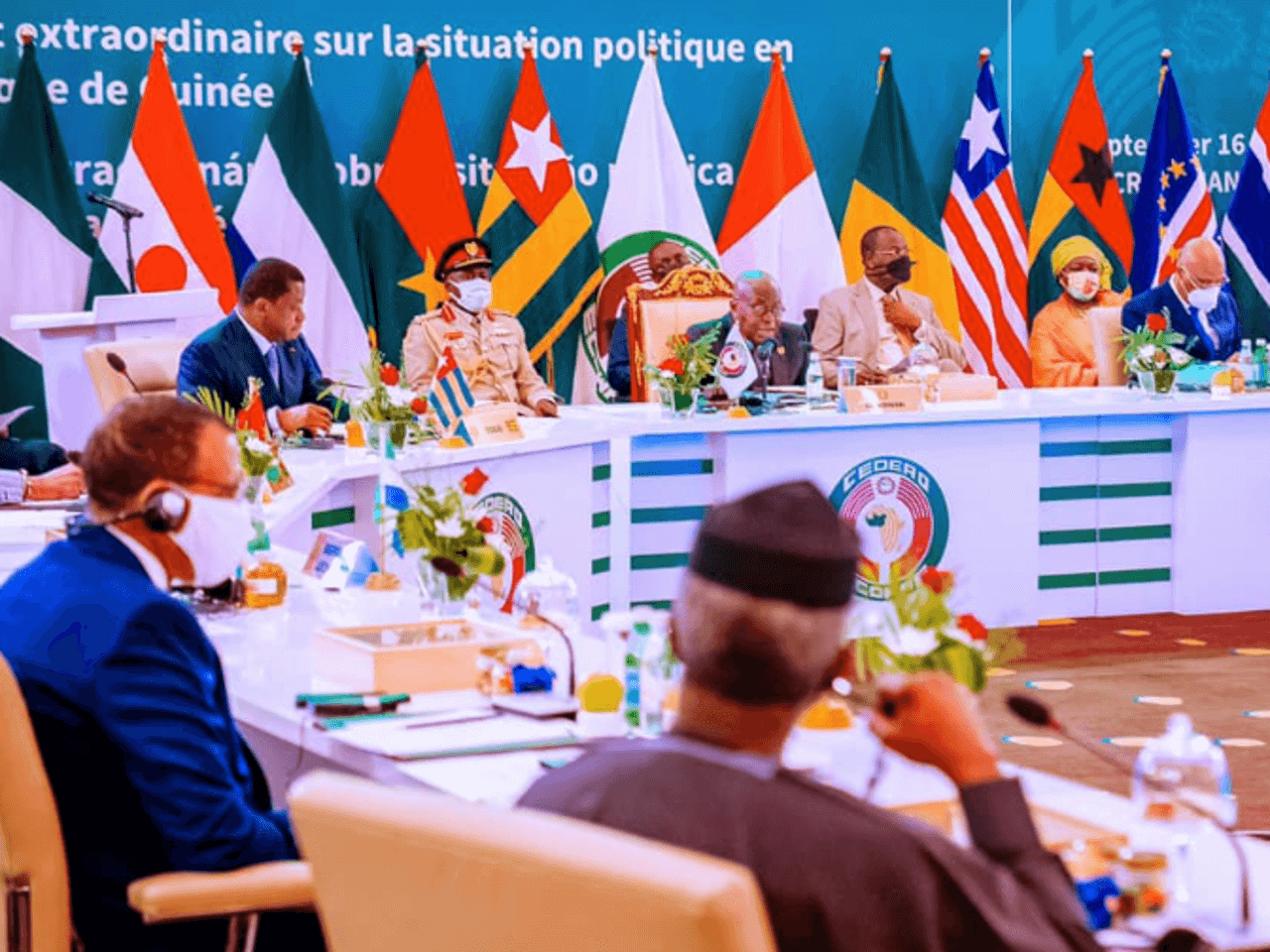South Asia
44 members of the Taliban were appointed to critical positions in the government, including governors and police chiefs, marking the first such appointments since the establishment of the cabinet in September. [NDTV]
As communal attacks continue to ravage Tripura, several journalists were arrested for spreading “fake news” on social media. Over the past month, several mosques were attacked in alleged retaliation against the attacks on Hindu temples in Bangladesh, with which Tripura shares a border. [Al Jazeera]
Central Asia and the Caucasus
Jailed former Georgian President Mikheil Saakashvili, who has been on a hunger strike for over a month, has said that he has been abused by guards in the prison hospital he was transferred to on Monday. Saakashvili’s lawyers and doctor have said his physical condition is worsening and demanded that he be transferred to a private hospital. [RFE/RL]
On Monday, one Armenian civilian was killed and three others were wounded after Azerbaijani soldiers opened fire in Shushi city in the Nagorno-Karabakh region. [Armen Press]
East and Southeast Asia
China’s People’s Liberation Army revealed that it has conducted several drills in its western plateau over the past week. The news comes after the Indian military conducted a major exercise along the disputed border with China earlier this month. [Global Times]
At the 22nd Thailand-Laos Joint Commission, Thailand and Laos agreed to further the development of their shared public infrastructure in order to support connectivity and transportation. This includes two new bridges over the Mekong River. [Vietnam Plus]
Europe
The United Kingdom announced a seven-year programme aimed at enhancing climate resilience in the Indo-Pacific. Minister of Asia Amanda Milling announced the provision of £274 million in funding during the COP26 conference in Glasgow. [UK Government]
European Commission (EC) President Ursula von der Leyen reaffirmed EC’s commitment to securing Poland, Lithuania, and Latvia’s borders with Belarus as thousands of migrants flood into their countries. According to von der Leyen, the ongoing migration crisis is a destabilisation effort by Belarusian President Alexander Lukashenko. In a statement, Von der Leyen said the European Union would explore ways to sanction Lukashenko. [The First News]
On Monday, Austria introduced stricter measures for the unvaccinated population by barring entry to restaurants, hairdressers, and events. In addition, the government scrapped the COVID-19 test as a valid entry pass. The measures come after Austria recorded 10,000 new infections on Saturday. Austria also has the lowest vaccination rate in Western Europe, with only 63% of its population currently vaccinated. [Euronews]
Latin America and the Caribbean
On Monday, the United States-Mexico border opened after a 20-month closure due to the COVID-19 pandemic. However, the US has not recognised vaccines produced in China or Russia, leaving many Mexican travellers unable to cross the border. [Telesur]
Costa Rica has become the first country in the world to mandate COVID-19 vaccination for children. It recently signed a deal with Pfizer to purchase enough doses to vaccinate all children under the age of 12 by March 2022. [BBC]
Middle East and North Africa (MENA)
The Arab League has said that talks with Lebanon to resolve a diplomatic spat with Saudi Arabia and other Gulf countries have been “positive.” Arab League envoys arrived in Beirut on Monday to hold talks with Lebanese officials to resolve the crisis that was sparked by comments made by Lebanon’s information minister that criticised the Saudi-led war in Yemen. [Al Jazeera]
A report has disclosed that the Israeli company NSO Group’s Pegasus spyware was detected on the phones of six Palestinian human rights activists who Israel alleges are affiliated with terrorist groups. [Associated Press]
North America
On Monday, the United States (US) government announced the removal of international travel restrictions from a long list of countries that include Canada, Mexico, and many European countries. The restrictions were imposed at the start of the pandemic by former President Donald Trump. The lifting of the ban allows vaccinated individuals to travel to the US for non-essential purposes; individuals travelling by air will still need to provide proof of a negative test. [NPR]
On Monday, United States (US) Secretary of State Antony Blinken and Egyptian Foreign Minister Sameh Shoukry commenced two days of strategic talks in Washington. The talks take place amid ongoing domestic tensions in Egypt as well as regional crises in Sudan and Ethiopia. Both diplomats expressed their shared concerns over key issues such as human rights violations, the military coup in Sudan, and the building of the Grand Ethiopian Renaissance Dam. [ABC News]
Oceania
On Tuesday, thousands of people marched towards the parliament building in Wellington to oppose the COVID-19 restrictions and vaccine mandates, breaching the first set of gates. In response, Prime Minister Jacinda Ardern said the protesters did not represent the majority of New Zealanders and defended the government’s strategy to curb the spread of coronavirus and boost vaccinations. The protesters accused Ardern of “trampling the rights of New Zealanders” and were seen carrying various signs, including “Trump 2020” and anti-vaccine slogans. [Otago Daily Times]
New Zealand Foreign Minister Nanaia Mahuta will undertake her first international trip on Thursday after taking office last year. Mahuta will visit Australia, Indonesia, the United Arab Emirates, Qatar, the United States, and Canada. Mahuta will meet her counterparts and other international representatives during the trip, including the ASEAN Secretary-General Dato Lim Jock Hoi. [RNZ]
Sub-Saharan Africa
The Economic Community of West African States has imposed sanctions on individuals involved with the military coups in Mali and Guinea as a means to push them to return the country to democracy and civilian rule. Both countries are currently suspended from the bloc as well. [Africa News]
Armed fighters have taken control of at least two villages, Tshanzu and Runyoni, to the east of the Democratic Republic of Congo near a region that borders both Uganda and Rwanda. The identity of the groups has not yet been confirmed but the army has confirmed that it is launching “counterattack operations” and that the “enemy” came from Rwanda. [The East African]

